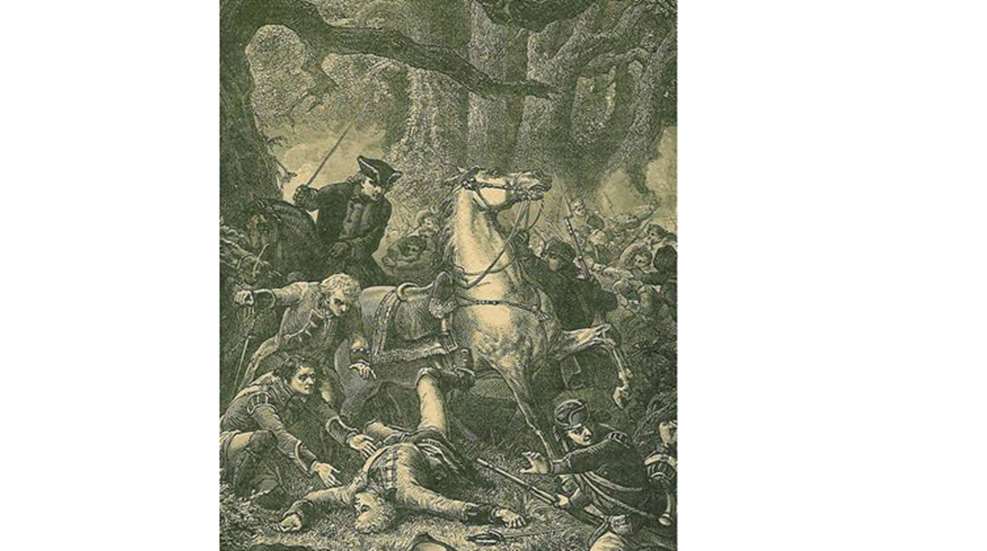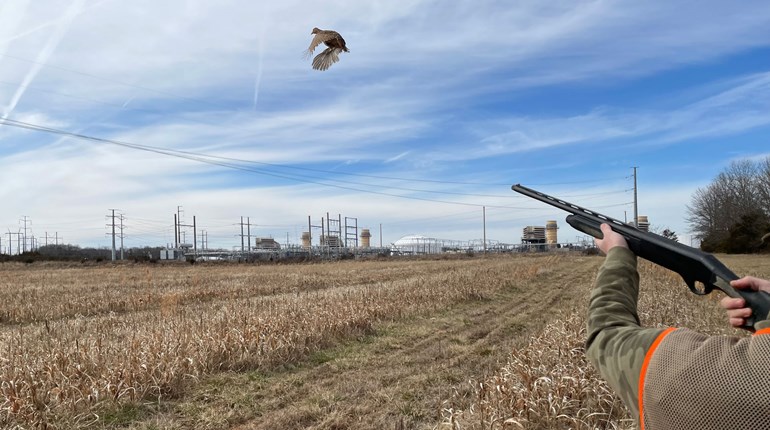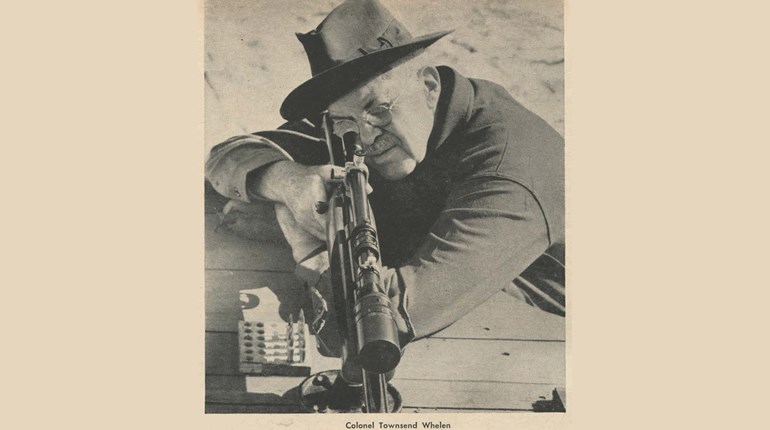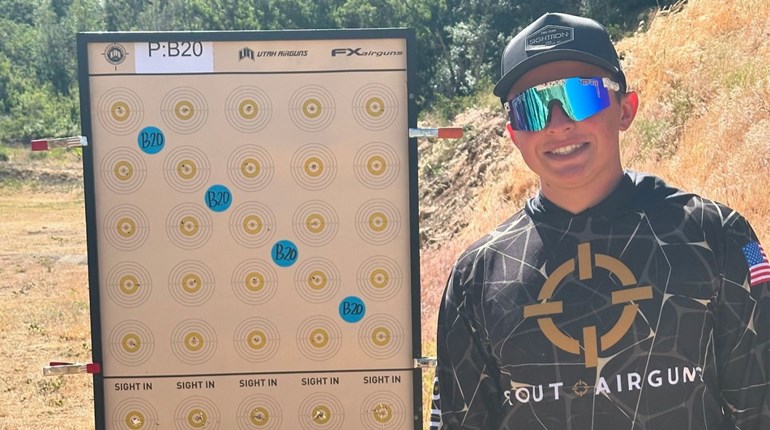
The years during the French and Indian war (1754-1763) were perilous times on the American frontier. Two world powers—France and England—were battling for control of North America. At stake was the fur trade with Native American tribes, worth billions of dollars by today’s monetary standards. Unfortunately, the Indians realized too late that they were being used as pawns by both sides.
Controlling the Ohio River Valley was one of the keys to controlling the lucrative fur trade. The Monongahela and Allegheny rivers combine to form the Ohio, and at their confluence stood Fort Duquesne, built and manned by the French. England was determined to have it.
Given the task of taking the fort was Major General Edward Braddock, a 65-year-old career soldier who had recently arrived in America from England. The year was 1755, and Braddock’s senior American aide was a young colonel by the name of George Washington.
Braddock’s army totaled a little fewer than 1,500 men when it headed into the rugged mountain wilderness northwest of Virginia. Hacking a road through the forest wide enough to accommodate wagons pulled by horses, the going was so slow that the men and equipment had moved only 26 miles after 10s days of marching. On June 26, the army’s forward scouts discovered an abandoned campsite, fires still smoldering, that had been occupied the night before by an estimated 200 Indians and French.
Knowing Braddock’s army was approaching, they had left a chilling message. Captain Orme, another of Braddock’s aides, recorded in his journal: …they had stripped and painted some trees, upon which they and the French had written many threats and bravados with all kinds of scurrilous language.
By July 9, 1755, Braddock’s army had approached to within 10 miles of Fort Duquesne when they were attacked by a force of just under 900 Indians and French. Braddock had trained his troops to fight European style—ignoring Washington’s warnings—so they lined up in the open, shoulder to shoulder. The Indians and French, on the other hand, took cover behind rocks and trees, and began pouring a deadly fire down upon Braddock and his men.
The fight lasted some three hours before becoming a rout. In his book, Wilderness Empire, author Allan Eckert describes the chaos of the battle:
“For the English soldiers, the world had gone mad. A fantastic din of screams from the Indians and angry curses from the officers and men alike, the cannonading, rifle fire, the bellowing of wounded cattle and the thunder of terrified horses leaping about, the cries of the wounded and dying men—all these terrible sounds smote their ears at once. Gunsmoke was so thick it was difficult to see anything clearly and tears ran from the irritated eyes of everyone. Many of the soldiers were simply loading and firing mechanically, wholly without aim; the guns sometimes going off directed skyward and at other times into their own comrades.”
General Braddock attempted to rally his men again and again, courageously unconcerned for his own safety, but to no avail. His troops eventually broke and ran in a ragged, panicked retreat, racing back down the forest road they had so painstakingly cut through the wilderness.
Braddock himself had four horses shot from under him during the battle and a fifth had two bullets rip deep furrows through its haunches. Braddock eventually took a ball through the chest, dying slowly and painfully from his injury four days later.
Young Colonel George Washington, however, seemed immune to the bullets. He had two horses shot from under him, his hat shot off, and he found four bullet holes in his clothing after the battle. In addition, a Shawnee sub-chief by the name of Red Hawk knew Washington and tried to kill him numerous times during the melee. Eleven times he aimed and fired his flintlock rifle at the young colonel, and 11 times he missed. Priding himself in his usually excellent marksmanship Red Hawk finally gave up, believing Washington protected by the Great Spirit.
Soon after the battle, a Dr. Daniel Craig met Red Hawk, who related his story. Craig suggested that it may have been a bent gun barrel or other firearm malfunction that had caused Red Hawk to miss so many times, not divine intervention. But Red Hawk remained convinced. He held Washington in awe and years later was able to meet him, telling Washington of the 11 times he had tried to kill him during the fight.
The Battle of the Monongahela not only cost Major General Edward Braddock his life, it also cost the lives of 456 of his soldiers, with another 451 wounded. In contrast, the French and Indians lost a total of fewer than 60 men. Despite this major setback, it was the English, not the French, who would ultimately gain control of North America. But shortly thereafter the colonists would have something to say about that control during the upcoming American Revolution.
So, was George Washington supernaturally protected during the Battle of the Monongahela? If you read more about Washington’s life, you’ll learn he had several similar scrapes with death, barely surviving them all. As a result, he was available later in life to play a major role in the founding of a new country we call the United States of America.
Oh, and one more thing. One of the wagon drivers in Braddock’s army who escaped death during the fighting and retreat was a young man by the name of Daniel Boone. But that’s a story for another time…





































